As a pet owner, you try to protect your dog from risk as much as possible. Unfortunately, dangers are lurking right in your backyard or local park that can cause serious harm to your dog. One of these risks that have been increasingly reported in many countries worldwide is leptospirosis, also known as “lepto.”
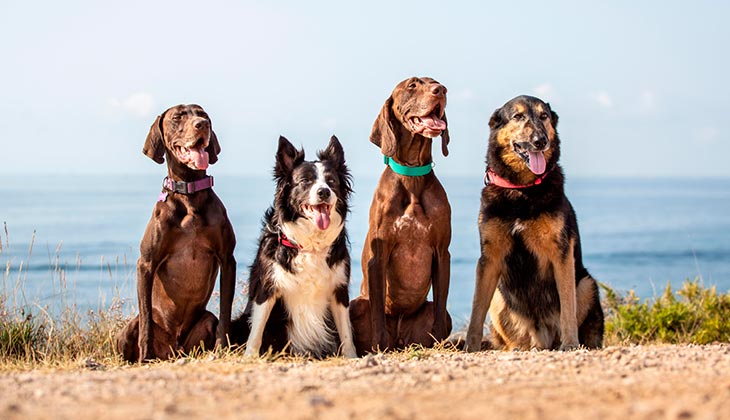
What is Leptospirosis?
Leptospirosis is an infectious disease caused by spiral-shaped bacteria called leptospires that can be found in water or moist soil. While once mostly associated with rural environments, lepto has spread into urban and suburban areas. The spread of leptospirosis puts virtually every dog, from the biggest breeds to toy-sized terriers – and even humans – at risk for disease!
What are the Signs of Leptospirosis?
Some infected dogs do not show any sign of illness, some may have mild illness and recover, while others could develop severe illness, which can even result in death. Signs of leptospirosis in your dog can include the following:
- Fever
- Muscle tenderness
- Increased thirst
- Changes in urination
- Vomiting and diarrhoea
- Lethargy
- Loss of appetite
Many signs of leptospirosis can also be seen with other diseases. You may suspect lepto based on exposure history, but your veterinary practitioner will do a physical exam and may recommend a number of tests, such as blood and urine tests, to confirm.
Our guide has all the tips you need!
How Serious is Leptospirosis?
Leptospirosis can have life-threatening effects on the kidneys, liver, brain, lungs, and heart. Even dogs that recover may still be at risk for chronic liver failure. In fact, it is estimated that 80 – 90 % of dogs that develop short-term but serious kidney problems are at risk for chronic kidney failure.
How Does Leptospirosis Spread?
The bacteria that cause leptospirosis are spread through the urine of infected animals, which can get into water or soil and survive there for weeks or months. These bacteria enter the body through the mucous membranes, in particular those of the eyes, nose, or mouth, or through a cut or scratch. If the bacteria reach a dog’s kidneys or bladder, the dog can spread the bacteria further each time he or she urinates.
It is important to remember that both animals and humans can become infected with lepto.
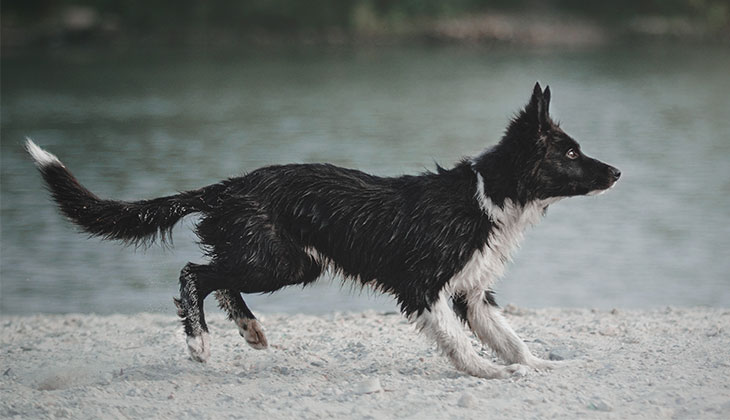
What Dogs are at Risk for Leptospirosis?
- Rural dogs – Dogs that work, hunt or play in the great outdoors or those in contact with livestock.
- Suburban dogs – Dogs that share backyards and neighbourhoods with wildlife (including rats, mice and others).
- Urban Dogs – Dogs that walk on public sidewalks, visit dog parks, or explore communal areas.
How Can I Protect my Dog from Leptospirosis?
Prevention is best accomplished by controlling the environment where your dog could most likely come into contact with leptospirosis. You do this by keeping rodents under control. Try to sanitise your dog’s environment by eliminating food and garbage to reduce the attraction of rats, mice, and other wildlife.
You can also stop your dog’s access to contaminated water. Avoid letting your dog drink from or play in stagnant water when out on walks and keep areas of standing water around your home drained, as this is where leptospirosis may thrive. You also should not let your dog swim or play in slow-moving rivers or water sources where wild animals may drink, swim, or generally have access to.
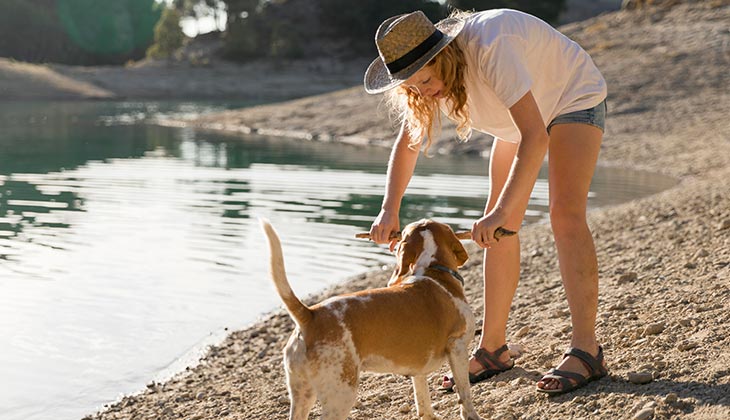
How Can I Protect Myself and My Family from Leptospirosis?
The most likely way humans can contract leptospirosis is through exposure to the urine of an infected dog. If your dog is infected with leptospirosis, it is very important to observe proper hygiene, even after he or she has recovered. This includes wearing protective gloves when cleaning up after your dog, preventing face-licking, and so on.
Does My Dog Need to be Vaccinated against Leptospirosis?
The best way to protect your dog against leptospirosis is with an annual vaccination that protects against the major causes of leptospirosis. Your veterinary practitioner can help you assess your dog’s risk of leptospirosis.
Your veterinary practitioner plays a big role in your pet’s health. Enter your location information and get a list of vets near you.
FIND A VETERINARY PRACTITIONER NEAR ME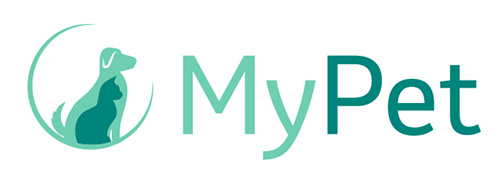

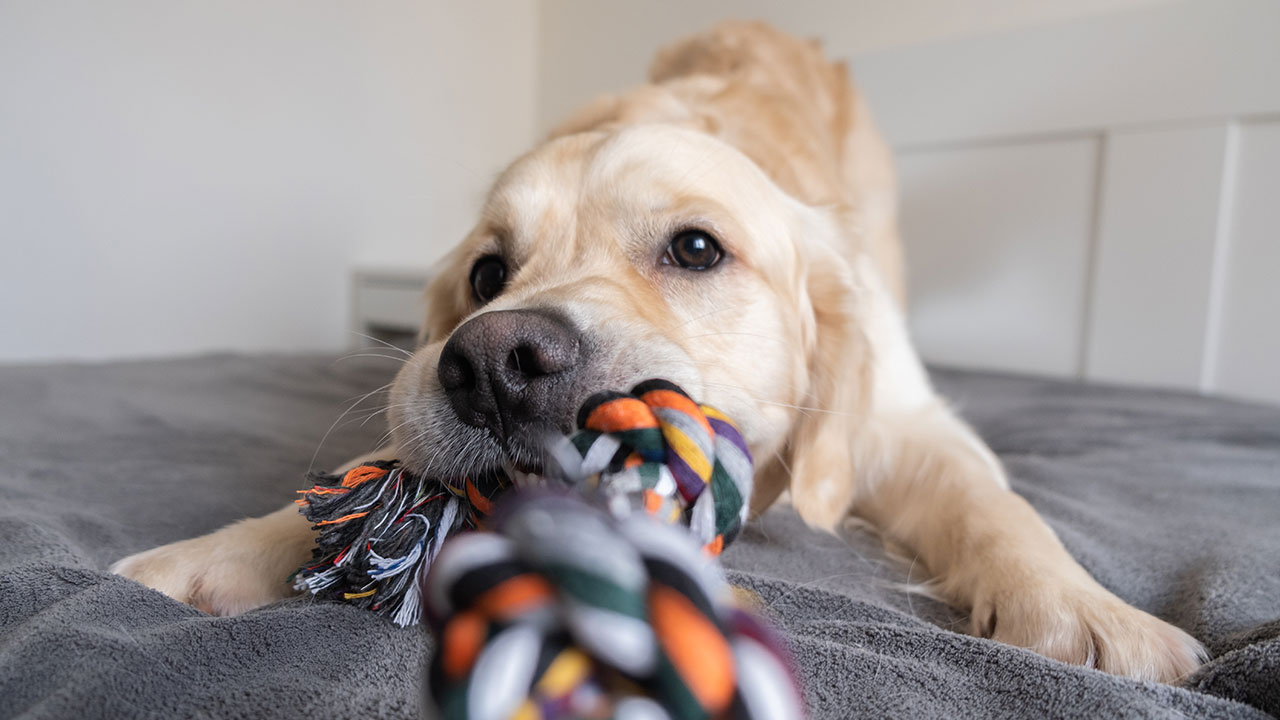



 Austria
Austria  Belgium
Belgium  Czech Republic
Czech Republic  Denmark
Denmark  Finland
Finland  France
France  Germany
Germany  Greece
Greece  Hungary
Hungary  Ireland
Ireland  Israel
Israel  Italy
Italy  Netherlands
Netherlands  Norway
Norway  Poland
Poland  Portugal
Portugal  Romania
Romania  Spain
Spain  Sweden
Sweden  Turkey
Turkey  United Kingdom
United Kingdom